USDA to strengthen substantiation of claims related to animal-raising conditions
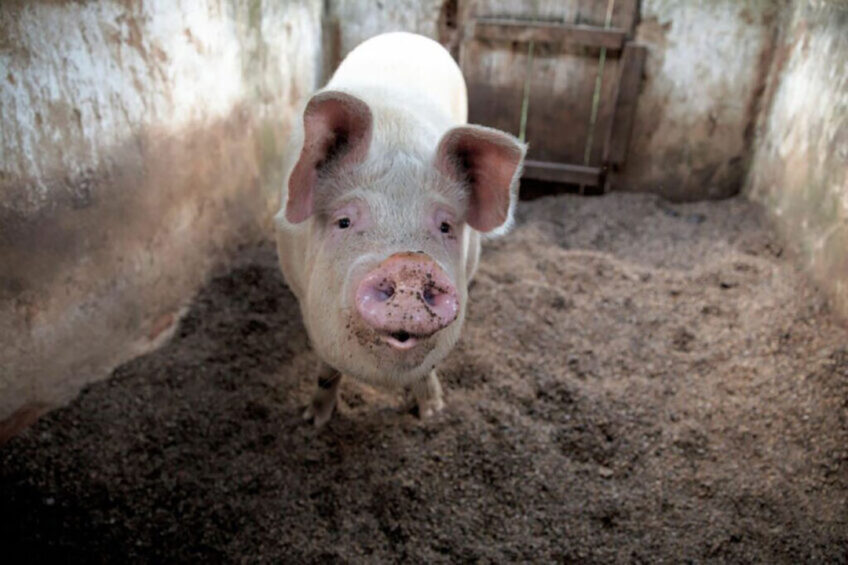
In the wake of the Supreme Court upholding California’s Proposition 12 livestock housing regulations, the US Department of Agriculture has announced measures to strengthen the substantiation of animal-raising claims.
In a June 14 press release, the USDA stated that its Food Safety and Inspection Service (FSIS) will work with its Agricultural Research Service (ARS) to carry out a sampling protocol to detect antibiotic residues in animals destined for meat products identified as ‘raised without antibiotics.’ This action builds on the significant work the USDA has already undertaken, it states, “to protect consumers from false and misleading labels.”
“Consumers should be able to trust that the label claims they see on products bearing the USDA mark of inspection are truthful and accurate,” said US Agriculture Secretary Tom Vilsack. “The USDA is taking action today to ensure the integrity of animal-raising claims and to level the playing field for producers who are truthfully using these claims, which we know consumers value and rely on to guide their meat and poultry purchasing decisions.”
Claim details
The USDA noted that animal-raising claims, such as ‘grass-fed’ and ‘free-range’ are voluntary marketing claims that highlight certain aspects of how the source animals for meat and poultry products are raised.
These claims must be approved by FSIS before they can be included on the labels of meat and poultry products sold to consumers. FSIS updated its guideline on these claims in 2019.
There are plenty of companies out there that are following the law and many that are not, and that is just not fair
Sandra Eskin, USDA deputy undersecretary for food safety
North American reaction
The Canadian integrated pork producer duBreton has been raising animals without the use of antibiotics since 2002, and has been testing for antibiotic residues for several years. The company welcomes the USDA announcement.
“Consumers have a right to demand testing of the antibiotics that are administered to the animals,” said DuBreton President Vincent Breton, in a company statement. “It is time for the authorities to ensure that consumers know what’s in the products they consume, where they come from and what treatments they have received. Regulations must be stricter on packaging claims, and we hope that the USDA’s initiative will influence other legislation here in Canada.”
Sandra Eskin, the USDA’s deputy undersecretary for food safety noted in an Associated Press report that “there are plenty of companies out there that are following the law and many that are not, and that is just not fair.”
Eskin also explains that the USDA also needs to address questions from companies about animal treatment. For example, major pork and poultry producer Perdue Foods has asked the USDA to clarify the difference between ‘free range’ and ‘pasture raised,’ which the USDA currently uses interchangeably.
 Beheer
Beheer

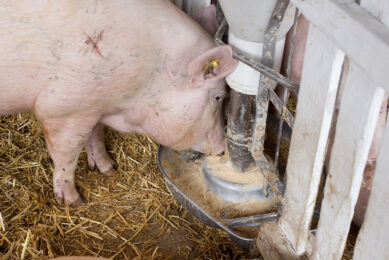
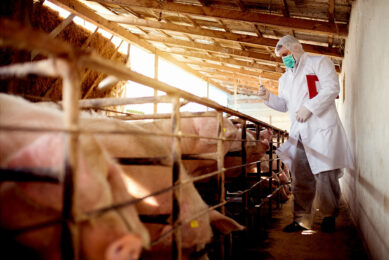
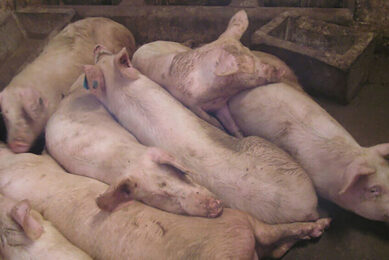
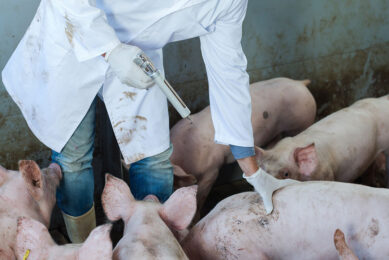



 WP Admin
WP Admin  Bewerk bericht
Bewerk bericht